Travel and landscape photographer Edwin Martinez shares his travel experience in Iceland and some essential tips for travellers/photographers interested in shooting the aurora borealis and some of the world’s most beautiful landscapes.
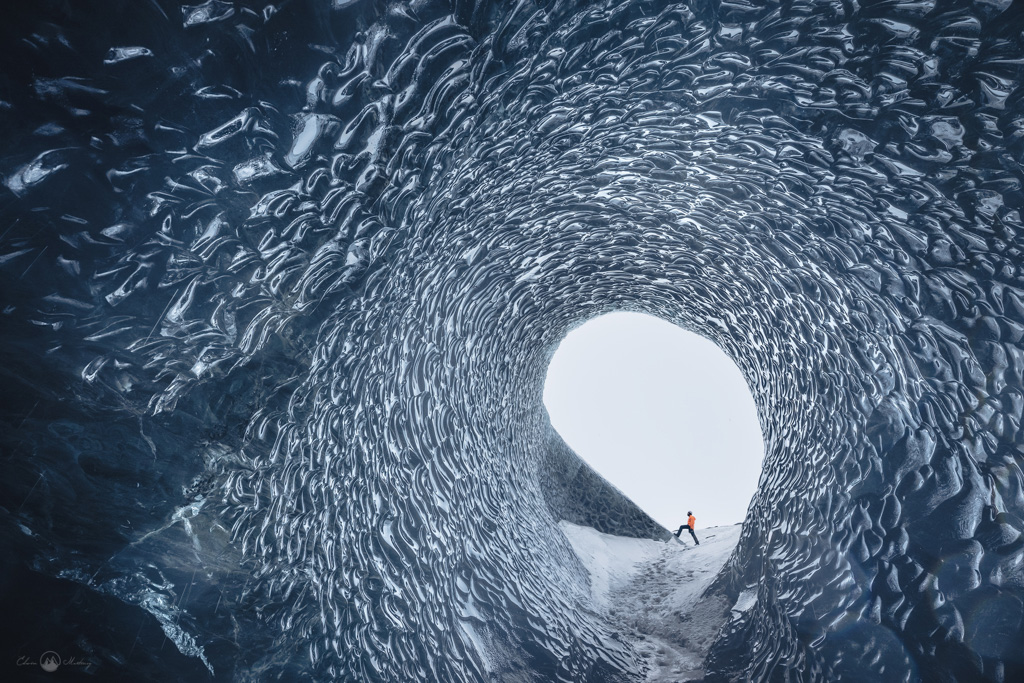
EOS R, EF16-35mm f/2.8L III USM lens, f/8.0, 21mm, 1/800 sec, ISO400
Tell us more about your trip to Iceland and some of the most memorable moments.
I usually have a tour in the winter season every year in Iceland. The country is a paradise for photographers. The landscape is so diverse that you can photograph everything from snow-capped mountains, glacier lagoons, majestic waterfalls to rugged coastlines, ice caves and especially the aurora borealis. My most memorable moments include seeing the northern lights in iconic locations such as the glacier lagoon or the Kirkjufell mountain.
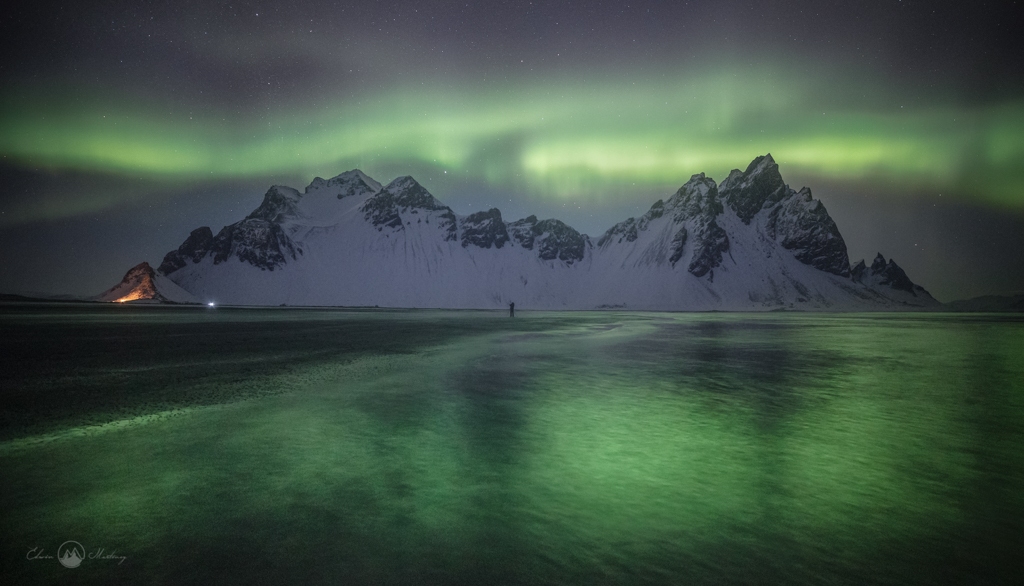
EOS R, EF16-35mm f/2.8L III USM lens, f/2.8, 16mm, 6 secs, ISO3200
What are some of the challenges you face when shooting at night?
There are many challenges when photographing at night. Firstly, it is the camera’s low-light and high ISO capabilities; secondly, it is the ability to compose and see the landscape in almost pitch black conditions; and finally focusing to infinity where light source is limited. All of these entail a camera system that you can trust and produce images worth sharing and printing.
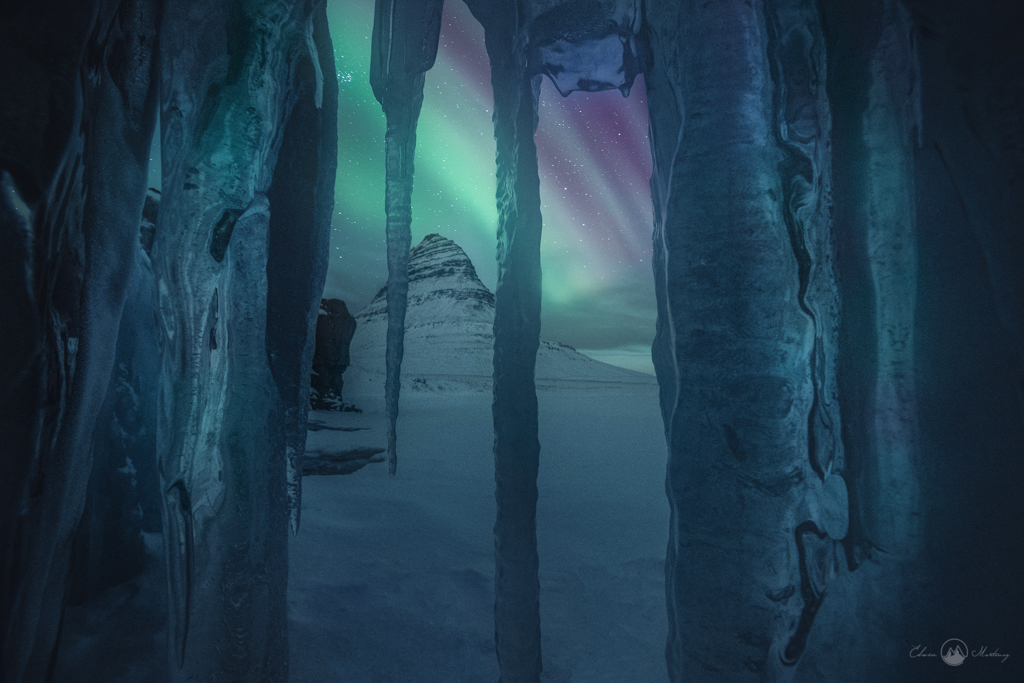
EOS R, EF16-35mm f/2.8L III USM lens, f/2.8, 16mm, 30 secs, ISO2000
Did you find the EOS R’s EV-6 capability helpful in capturing the aurora borealis?
EOS R has truly revolutionised the way I photograph the northern lights. At f/2.8 aperture, I was able to see portions of the landscapes which made composing easy in real time. As I’ve mentioned, one of the biggest hurdles in night photography is not seeing how you’ve composed the shot–you would usually take a test shot and then correct your composition after. The EV-6 capability of the EOS R has made composing in real time easy and optimised my workflow.
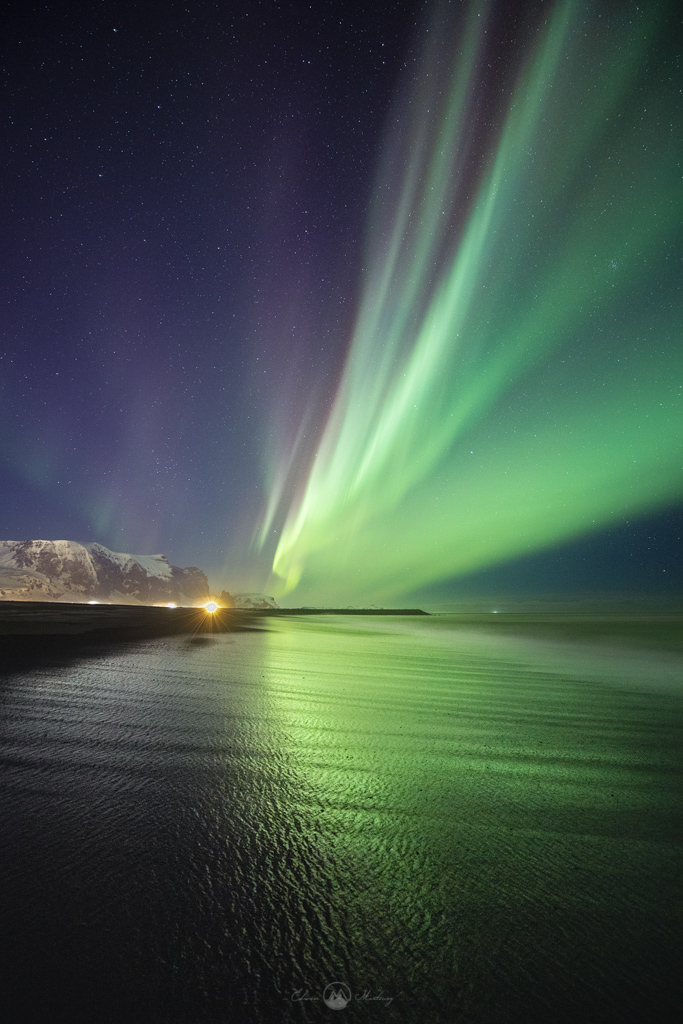
EOS R, EF16-35mm f/2.8L III USM lens, f/2.8, 16mm, 15 secs, ISO3200
You used the RF24-105mm f/4L IS USM and EF16-35mm f/2.8L III USM lenses for this trip. What was the biggest difference you’d noticed between these two lenses?
The uses for these two lenses were different as their focal length varied a lot. The advantage of working with the RF system is the weight and the ability to optimise workflow by using the control ring to my advantage. The RF24-105mm f/4L IS USM lens is my go-to lens for travel shots thanks to the sharpness and output. The EF16-35mm f/2.8L III USM lens would always be my go-to lens for landscape photography, as it is by far the sharpest lens I have used among the EF system.
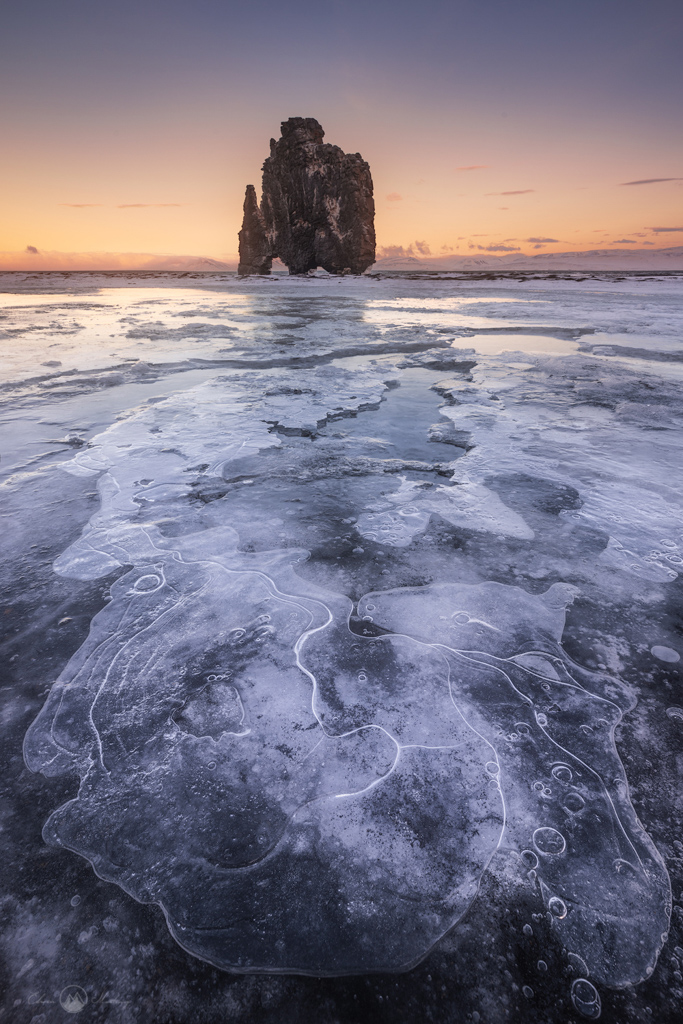
EOS R, EF16-35mm f/2.8L III USM lens, f/2.8, 16mm, 1/5sec, ISO100
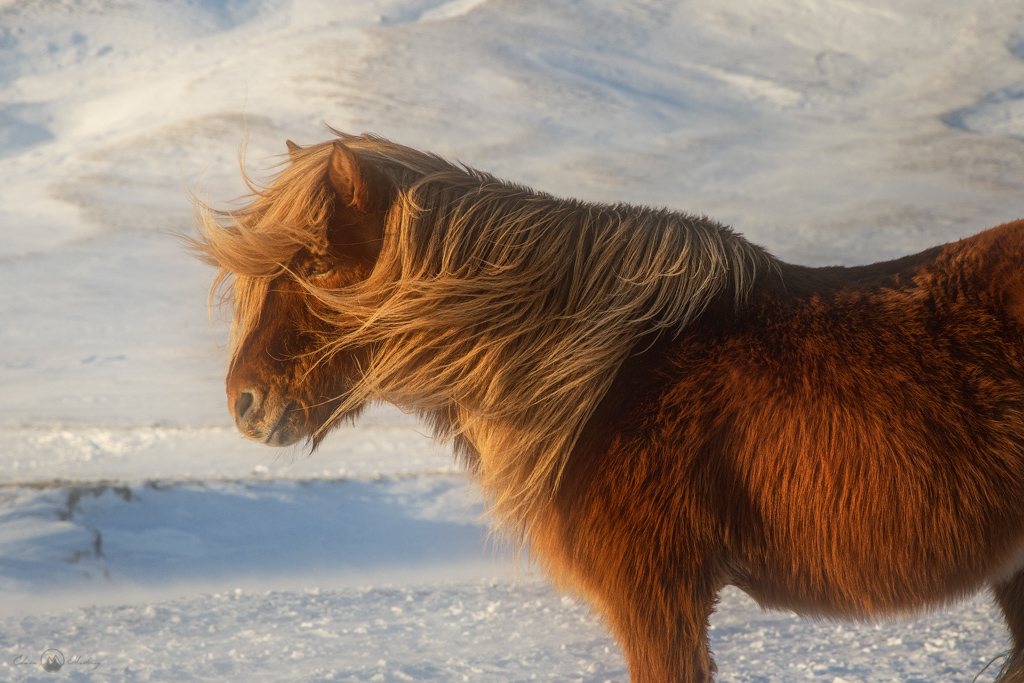
EOS R, RF24-105mm f/4L IS USM lens, f/8.0, 105mm, 1/2000sec, ISO800
How had the mount adapter helped you in the process?
Having the mount adapter and the ability to use all of my EF lenses on the EOS R system is a big plus. The adapter is designed so well that I did not see any lag or AF differences when photographing. It is truly a well-thought-out piece of technology that all Canon users will enjoy.
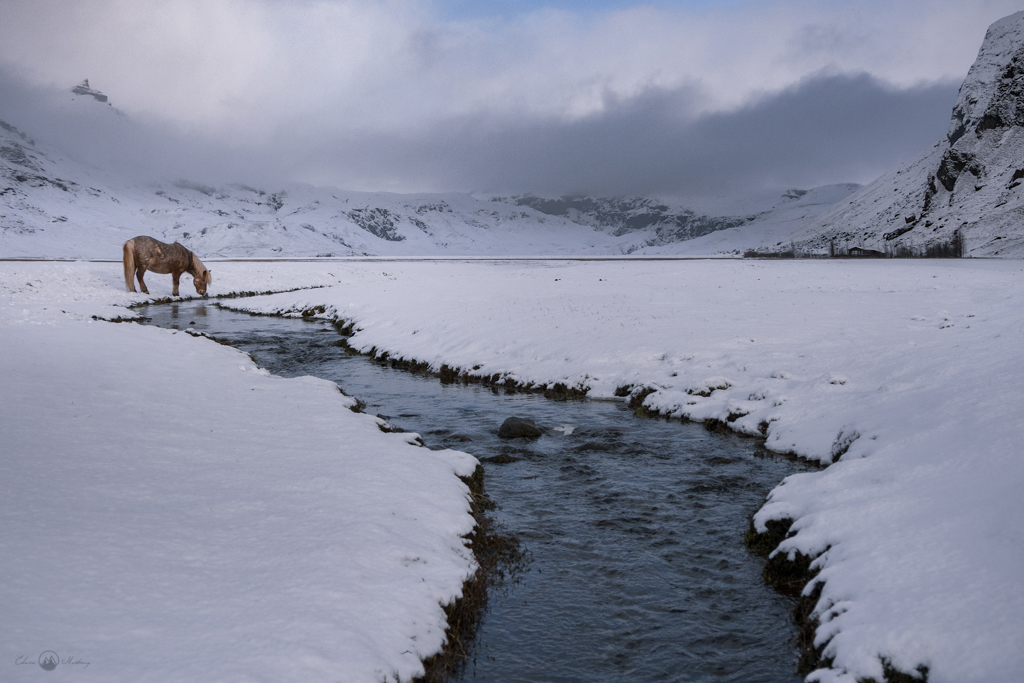
EOS R, RF24-105mm f/4L IS USM lens, f/4.0, 24mm, 1/8000sec, ISO400
Any tips on capturing amazing Northern Lights like the ones in your photos?
Photographing the northern lights is not an easy task. For those who wish to capture these, you will need to plan really carefully. The best northern lights photographs are usually those that are level 3 kp index activity, so try to check NOAA website for aurora forecast. Do not book tickets a year in advance since you will be leaving yourself to luck. Check weather where clear skies are most possible, a lot of weather forecast websites have a 14-day long term forecast.
On photographing the northern lights, use the widest lens you have, and usually the 15-18mm for full frame cameras. Use the widest aperture and start with about ISO 1600. The best advice I can give is to make sure you focus on infinity and that your stars are pinpoint sharp.
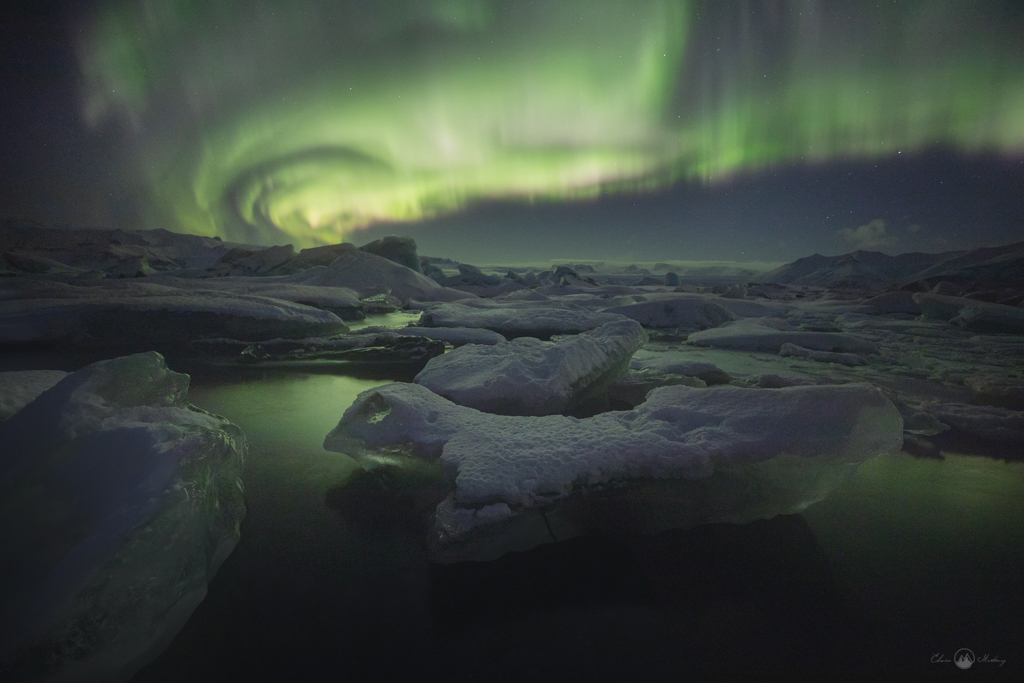
EOS R, EF16-35mm f/2.8L III USM lens, f/2.8, 16mm, 2.0 secs, ISO1600
What should one prepare when travelling to/around Iceland?
Clothing is the number one consideration when travelling around Iceland especially during the winter season. Layering is a good way to keep yourself warm, a waterproof/windproof outer shells (jacket and pants) will definitely help as winds in Iceland can be unforgiving.
Make sure that you check local websites such as vedur.is for weather and road.is for news and safety information. Accidents caused by tourists are increasing in the past few years due to ignorance and not knowing the current conditions.
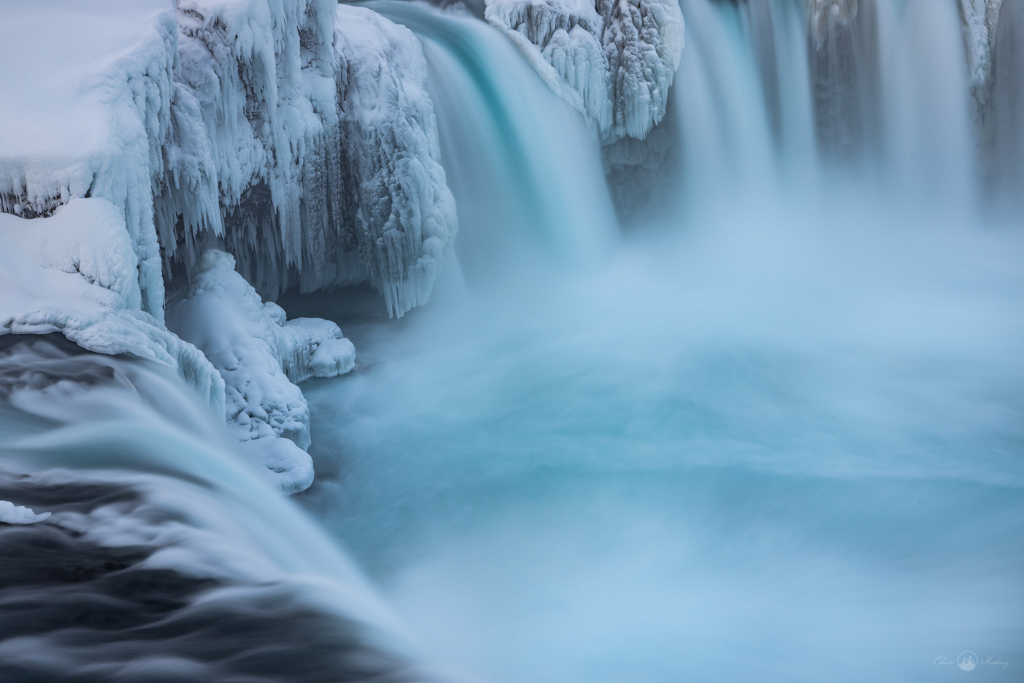
EOS R, RF24-105mm f/4L IS USM lens, f/11, 61mm, 3.2 secs, ISO100
A good camera system like the Canon EOS R can withstand nature’s worst side. Photographing Iceland means photographing coastal areas, during snow fall and some times even sudden rain. Having a camera that will work under all of these conditions will guarantee you coming home with an unforgettable experience and epic photographs.
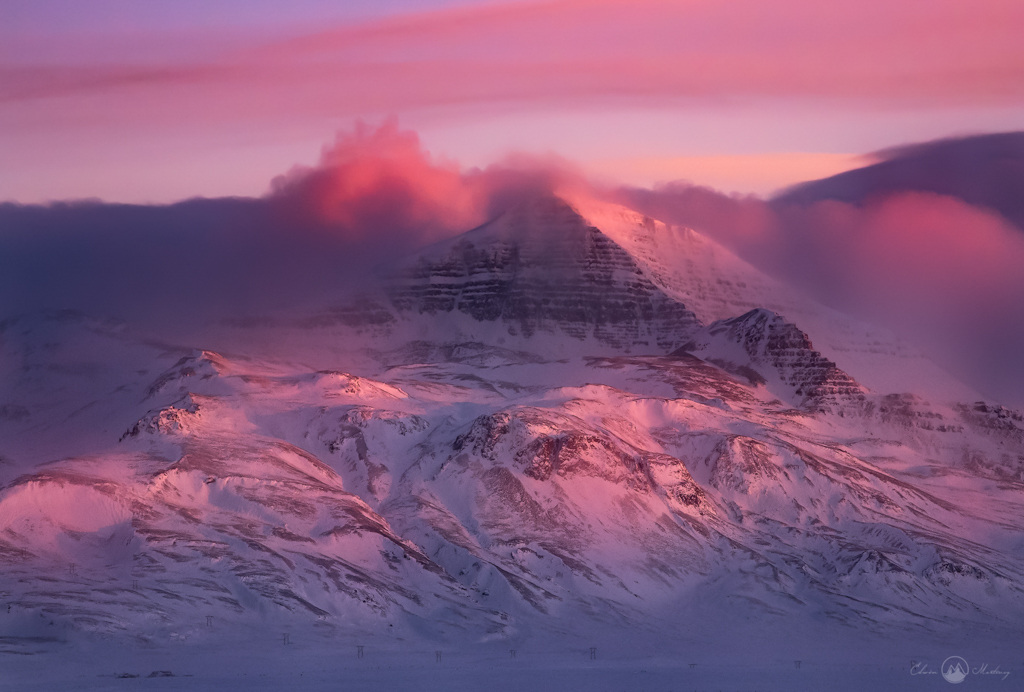
EOS R, RF24-105mm f/4L IS USM lens, f/8.0, 105mm, 1/640sec, ISO800
Watch Edwin’s timelapse video of Iceland taken with the EOS R camera:
Prepare yourself and your equipment for the cold and read up on How to Protect Your Camera for Cold Weather Photography; take a few moments to consider EOS R as your next camera in Should EOS R Be My Next Upgrade?; or find out how a mount adapter can help you in your workflow and photography in 3 Reasons Why You Need Canon Mount Adapters.
Receive the latest update on photography news, tips and tricks.
Be part of the SNAPSHOT Community.
Sign Up Now!About the Author
Travel and Nature Photographer
When one speaks of travel and landscape photography at its apex, his name quickly comes to mind. Well known locally and gaining recognition abroad for his ethereal landscape images, his works exemplify landscape photography as a fine art.
A former medical and corporate professional, Edwin has found his niche and true calling in landscape photography. Still imbibed with the commitment and dedication for always achieving his best, these qualities are now his staples, whether he is shooting for clients or himself, mentoring photographers that join him in the tours that he guides in Iceland, Norway, Canada, the American west and other parts of the world or teaching in workshops under Wide Horizon Photo Adventure (https://www.facebook.com/WideHorizonPhotoAdventure)
Edwin’s excellence has been recognized by brands that support his projects. By virtue of his acknowledged skill and influence, he has been tapped to field test and help in the launch of a number of new photography gear. His works have graced both local and overseas publications and websites. Edwin’s images surely speak the language that draws attention and leaves an indelible mark of excellence.
To connect with or learn from Edwin, visit his social media accounts:
Introductory video: https://youtu.be/EvZrbGv4ENc
Facebook: www.facebook.com/EdwinMartinezPhotography/
Instagram page: https://www.instagram.com/edwinmartinez/
500px: https://500px.com/edwinmartinez
Youtube: https://www.youtube.com/edwinmartinezphotography
Website: https://edwinmartinezphotography.wpcomstaging.com/info/
https://500px.com/EdwinMartinez
http://edwinmartinezphoto.com/





































